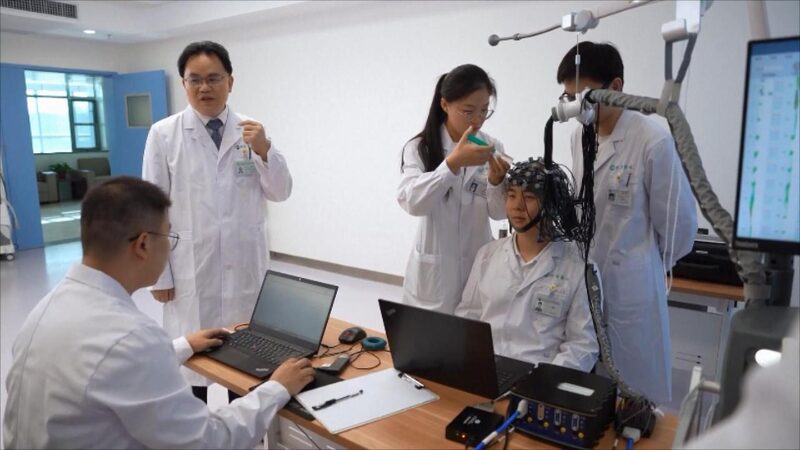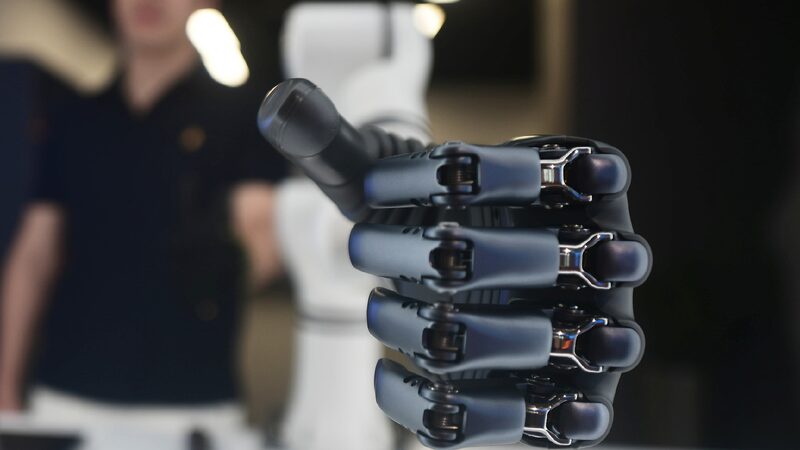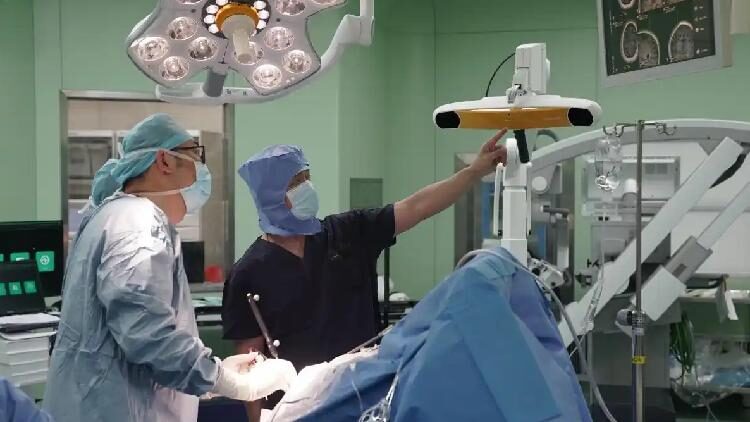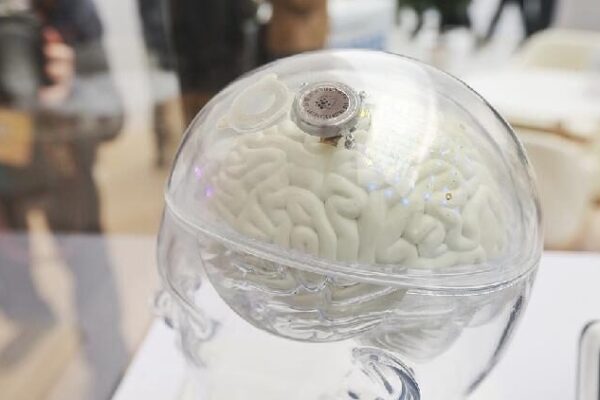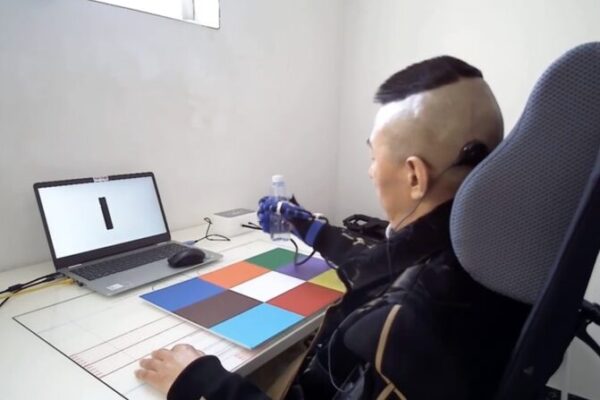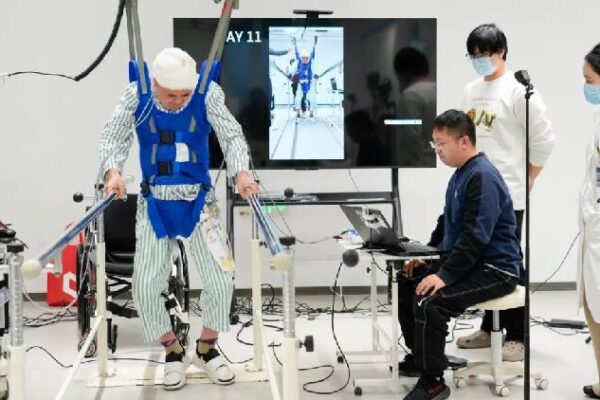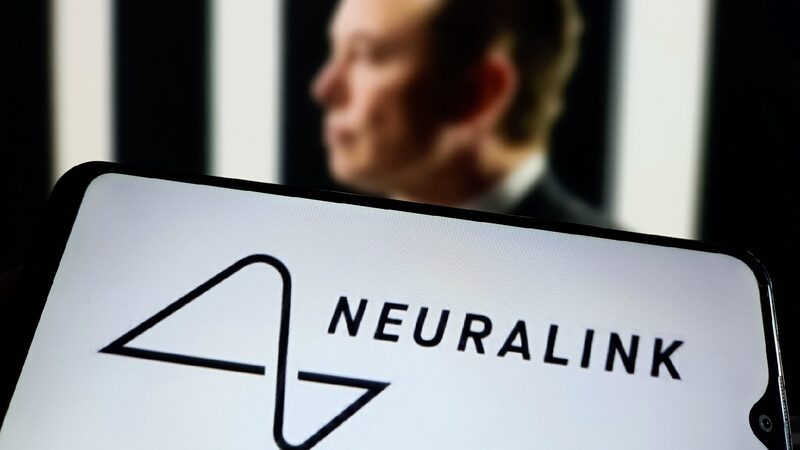Central China’s Hubei Province has taken a groundbreaking step by releasing the country’s first pricing program for medical services utilizing brain-computer interface (BCI) technologies. This move accelerates the integration of cutting-edge BCI technology into everyday healthcare, promising new hope for patients with various neurological conditions.
The Healthcare Security Administration of Hubei Province has set maximum prices for key BCI services. The implantation and removal of an invasive BCI implant are priced at 6,552 yuan (about $901) and 3,139 yuan respectively. Non-invasive BCI adaptation services are capped at 966 yuan.
Professor Jiang Xiaobing from the neurosurgery department at Union Hospital, affiliated with the Tongji Medical College of Huazhong University of Science and Technology, highlighted the revolutionary impact of BCI technologies. “For patients with hemiplegia, blindness, or aphasia, we can use BCIs to restore some of their physiological functions. We can also treat patients with Parkinson’s disease, epilepsy, or Alzheimer’s disease, where current therapies are not very effective. BCIs bring hope to these patients,” he said.
Jiang emphasized that the next three to five years are critical for BCI development. “Their applications to treatments for diseases like cancer and paralysis will certainly differ, so relevant products must go through necessary procedures before reaching the market,” he added.
In March, the National Healthcare Security Administration (NHSA) released a pricing guideline for neural system care services, establishing BCIs as an independent category. This initiative aims to boost the clinical application of advanced technology to benefit patients in need, acknowledging the rapid development of BCIs in recent years.
The NHSA’s guideline also outlines pricing for invasive and non-invasive BCIs based on their distinctive features. This paves the way for the swift translation of mature BCI technology into clinical use and provides a framework for localities nationwide to manage relevant medical services.
Reference(s):
cgtn.com
